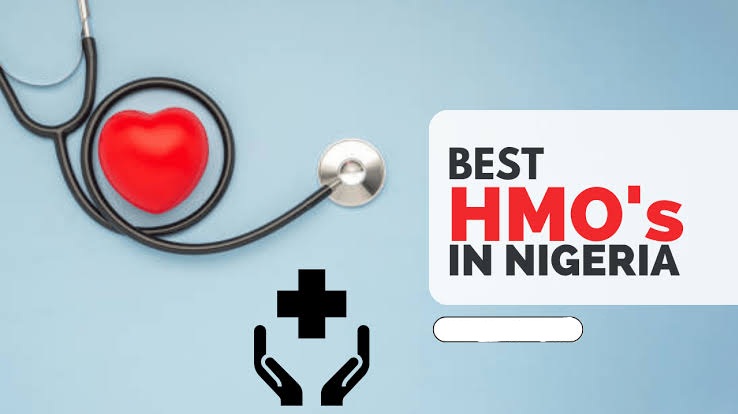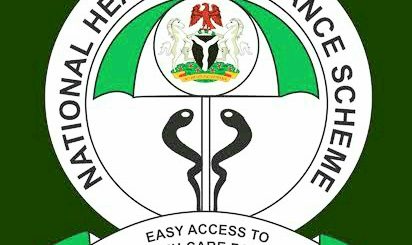HMO in Nigeria: Meaning & What it Entails
What is an HMO and why should Nigerians care? A lot of people have been asking this question.
A Health Maintenance Organization (HMO) is an organization that provides affordable health insurance plans with wide coverage.
By paying a monthly fee, members of HMOs get access to lots of hospitals, doctors, scans, tests and medicine at low personal cost. This protects people from paying huge medical bills if they fall sick. HMOs focus a lot on frequent checkups and tests which help prevent big diseases. So getting many more Nigerians to join these insurance plans can really help improve their health.
But how exactly do these HMOs work and are they right for the common Nigerian?
WHAT IS AN HMO?
An HMO, which stands for Health Maintenance Organization, is a type of health insurance plan that provides affordable access to healthcare services to its members.
HMOs aim to reduce healthcare costs by focusing on preventive care and health maintenance. They play a major role in making healthcare more affordable and accessible in many parts of the world, including Nigeria.
Furthermore, an HMO is an organized system of healthcare providers that delivers healthcare services to a group of enrolled members in a particular geographical area, usually in exchange for a fixed periodic payment.
HMOs emphasize preventive care by providing a range of healthcare services to their members in order to keep them healthy and avoid more expensive medical treatments down the line.
Some key features of HMOs include:
- A network of selected healthcare providers: HMOs contract with doctors, hospitals, laboratories and other medical service providers to form a network. Members can only get care from providers within this network except in cases of emergency.
- Primary Care Provider (PCP): Every HMO member selects a PCP from the HMO’s network who acts as their first point of contact and coordinates their care within the network. The PCP manages referrals to specialists when needed.
- Affordable copayments: Members pay a monthly premium as well as small copayments when accessing medical services within the HMO’s network instead of paying the full cost of medical bills. This helps reduce out-of-pocket medical expenses.
- Focus on preventive care: HMOs emphasize regular preventive care like annual check-ups, screenings, and immunizations to help catch diseases early on and avoid complicated treatments later. This helps reduce overall medical expenses.
HMOS IN NIGERIA
The concept of health insurance and HMOs is still relatively new in Nigeria. The National Health Insurance Scheme (NHIS) was established in 1999 to provide accessible and affordable healthcare for Nigerians mainly through HMOs.
However, only about 5% of Nigerians are currently enrolled in the NHIS programs.
Some of the early HMOs in Nigeria include Hygeia HMO and Total Health Trust Limited. Over 60 licensed HMOs now exist in Nigeria today even though many Nigerians are still uninsured. Most HMOs partner with a variety of public and private healthcare facilities to provide care to enrollees.
The NHIS has mainly focused efforts on the formal sector and trying to enroll civil servants, employees of large organizations and companies. The government aims to achieve Universal Health Coverage by enrolling up to 50% of Nigerians in public health insurance programs by 2030.
BENEFITS OF USING AN HMO IN NIGERIA
Do you know that there are lots of advantages to using a health maintenance organisation? If you didn’t know, then joining an HMO can provide numerous benefits including:
- Access to quality affordable healthcare: HMO members get access to discounted costs for doctor visits, prescription drugs, hospital stays, preventative care and other medical services usually at capped out-of-pocket rates. This eliminates difficult hospital bills.
- Lower healthcare costs: Preventative care helps reduce the likelihood of developing complicated expensive medical conditions. HMOs save money over time by keeping members healthy.
- No claim forms or paperwork: HMO members don’t have to file insurance claims or deal with complicated reimbursement paperwork when seeking care within their HMO’s network.
- Coordinated care: The primary care doctor helps coordinate specialist referrals, prescription refills, hospital stays and other medical services aimed at improving health in a streamlined manner.
- Health education resources: Many HMOs provide health education resources like websites, workshops and literature aimed at promoting wellness among members.
PROS AND CONS OF HMOS IN NIGERIA
HMO health plans have both advantages and potential drawbacks. Here are some of the major pros and cons of HMOs in the Nigerian healthcare system:
ADVANTAGES
- Accessible quality care: HMOs contract extensively with healthcare providers giving members access to quality and affordable care conveniently.
- Lower out-of-pocket costs: HMO copayments and deductibles are generally cheaper than paying hospital bills directly, reducing healthcare spending.
- Emphasis on preventive services: HMOs provide services like health screenings more which helps prevent diseases rather than curing them later at higher costs.
- Coordination of care: HMOs electronically store medical data and assign primary doctors who coordinate referrals and overall care for continuity.
- Standards for accreditation: Strict vetting and standards enforced by regulatory agencies ensure only credible players are licensed as HMOs. This filters quality.
DRAWBACKS
- Limited provider choice: With set provider networks, members may sometimes not have flexibility to choose any desired hospital or doctor.
- Preauthorizations required: Treatments may require preauthorizations by the HMO which can cause care delays if such approvals are denied or delayed.
- Paperwork issues: Despite automation efforts, members still grapple with reimbursement paperwork when utilizing out-of-network services covered.
- Fraudulent HMOs: Occasional stories still abound of fraudulent HMOs failing to reimburse hospital claims and providing poor quality care.
- Low national enrollment rates: Despite better affordability, NHIS HMO penetration still remains low in Nigeria hovering under 10%.
As you can see, HMO plans offer advantages and disadvantages. It’s up to you to go through them and see how HMO is good for you.
CONCLUSION
To wrap up, HMOs offer many clear benefits to make healthcare truly affordable, easily available and prevent health problems from growing in Nigeria.
Government schemes like the NHIS partner with HMOs for this purpose. However, enrollment in HMO insurance plans is still very low across Nigeria. This stops Nigerians from enjoying quality healthcare without suffering money loss.
It’s now left for government, companies and HMO companies to work together to make HMOs a reality in the country.


